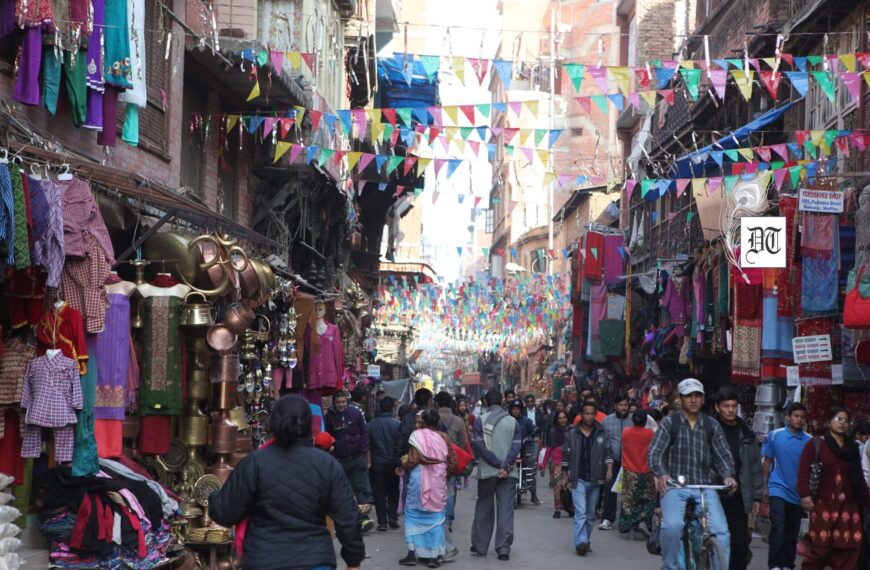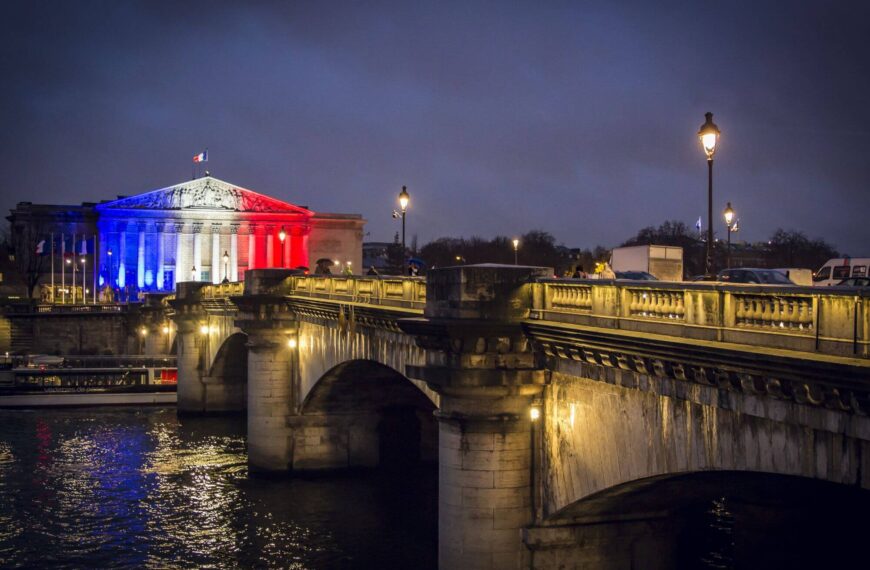Ranil Wickremesinghe’s 11-day tenure as the law and order minister was marred by racial tension in the central district of Kandy. Muslim-owned businesses and religious sites came under attack from majority Sinhala mobs, forcing the government to impose a curfew. The Sri Lankan government suspended internet services. What are its global ramifications, asks Navodita, our Associate Editor, in the weekly column, exclusively for Different Truths.
Sri Lankan President Maithripala Sirisena on Thursday replaced Prime Minister Ranil Wickremesinghe as the law and order minister amid fresh violence between Sinhalese Buddhists and minority Muslims in the Kandy district despite the imposition of nationwide emergency.
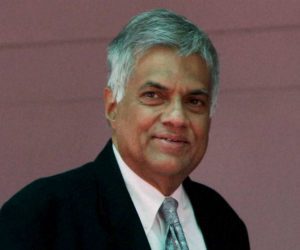 Wickremesinghe’s 11-day tenure as the law and order minister was marred by racial tension in the central district of Kandy. Muslim-owned businesses and religious sites came under attack from majority Sinhala mobs, forcing the government to impose a curfew. The Sri Lankan government suspended internet services, blocked access to social networking websites and messaging platforms like WhatsApp in the riot-hit areas. The leader of the main Tamil party TNA R Sampanthan questioned the inaction of law enforcement authorities in response to the attacks on Muslim establishments. Speaking in parliament, Sampanthan, who is also the leader of the Opposition, said such incidents are clearly unacceptable and is indicative of a sense of impunity.
Wickremesinghe’s 11-day tenure as the law and order minister was marred by racial tension in the central district of Kandy. Muslim-owned businesses and religious sites came under attack from majority Sinhala mobs, forcing the government to impose a curfew. The Sri Lankan government suspended internet services, blocked access to social networking websites and messaging platforms like WhatsApp in the riot-hit areas. The leader of the main Tamil party TNA R Sampanthan questioned the inaction of law enforcement authorities in response to the attacks on Muslim establishments. Speaking in parliament, Sampanthan, who is also the leader of the Opposition, said such incidents are clearly unacceptable and is indicative of a sense of impunity.
As far as India is concerned, MEA has not issued any statement on the matter, however, the US has urged that Colombo unblock the internet services. Sri Lanka takes one to its history of the civil war which ended only in 2009 and the occupation of Jaffna by the LTTE (Liberation Tigers of Tamil Eelam). Although now more than war issues of development, demilitarisation, devolution, and democratisation are discussed, the story of Tamils and Tamil nationalism is not one that can heal wounds of a devastated people.
The year of 2011 was characterised by considerable anxiety and excitement in the Jaffna district of the Northern Province of Sri Lanka. While there has been very little movement on the political process to address a constitutional settlement, the two years following the war has seen major local and national elections. Some aspects of the social, economic and political contours of post-war Jaffna are now more apparent. The resettlement of return of many of the displaced have been gradual; the process continues to have many economic challenges including issues related to land. Economic activity has accelerated particularly in agriculture and fisheries, but also in the trade with the expansion of mar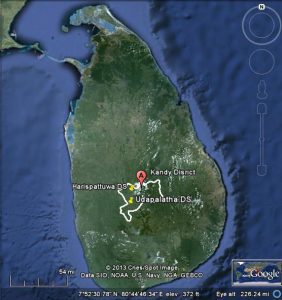 kets after the A-9 road opened a couple of years ago. Labour is heavily in demand with increasing wages as sustained economic activity has created serious shortages in skilled labour for construction and agriculture. Indeed, infrastructure, particularly roads, electricity, banking, and telecommunications are expanding, with a visible increase in the number of vehicles and mobile phones.
kets after the A-9 road opened a couple of years ago. Labour is heavily in demand with increasing wages as sustained economic activity has created serious shortages in skilled labour for construction and agriculture. Indeed, infrastructure, particularly roads, electricity, banking, and telecommunications are expanding, with a visible increase in the number of vehicles and mobile phones.
However, the military presence continues and is visible at every street corner adding to the climate of fear. Little has changed in the engagement of post-war issues in the public sphere characterized by the rhetoric and posturing of the local Tamil newspapers. Indeed, this lack of a larger political vision is very much linked to the absence of a serious post-war political process to look into the past and prepare for the future. Nevertheless, in private discussions at least, a certain self-criticism within Jaffna society on its lack of initiative and economic dependency on the diaspora, and the absence of visionary leadership are being articulated. Thus the local government elections in the province provided an opportunity for Jaffna society to work through some of these issues and contradictions at the local level and begin a broad-based process of democratising society.
Nevertheless, the Rajapaksa regime set the terms of the election in 2011 as one of economic development in opposition to a political settlement with war-time accountability. The regime perhaps thought that recent diplomatic challenges of the western powers and India could be deflected through a victory in the local government elections in the North. During the campaign, some of the TNA politicians pointed out that the problem was one of excluding local communities from development initiatives. The centralized approach of the Rajapaksa regime meant that the people were not aware and certainly not able to participate in ‘development’; a devolved political settlement and demilitarisation would have enhanced the genuine participation of the people.
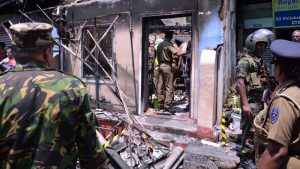 Others claim that the victory of the TNA in the North is an endorsement of its Tamil nationalist politics, a politics that continues not only from its Federal Party decades but also its stint as the LTTE proxy. Here again, a careful reading of the TNA would reflect a hotchpotch of actors who constitute the TNA with differing messages coming from them. While TNA leader Sampanthan seems to be increasingly moderating the larger demand to be that of a devolved sharing-of-power arrangement within a united Sri Lanka, others are singing a different tune. Elections thus are only one part of the process of rebuilding an alternative democratic politics. The LTTE’s fascist politics severed Tamil representational politics of any organic links with the people. The decade ahead must produce an alternative Tamil democratic politics, rebuilding and going beyond representational politics, with an emphasis on transforming society.
Others claim that the victory of the TNA in the North is an endorsement of its Tamil nationalist politics, a politics that continues not only from its Federal Party decades but also its stint as the LTTE proxy. Here again, a careful reading of the TNA would reflect a hotchpotch of actors who constitute the TNA with differing messages coming from them. While TNA leader Sampanthan seems to be increasingly moderating the larger demand to be that of a devolved sharing-of-power arrangement within a united Sri Lanka, others are singing a different tune. Elections thus are only one part of the process of rebuilding an alternative democratic politics. The LTTE’s fascist politics severed Tamil representational politics of any organic links with the people. The decade ahead must produce an alternative Tamil democratic politics, rebuilding and going beyond representational politics, with an emphasis on transforming society.
Perhaps it is only the generation that grew up during the war and suffered its consequences in the North and East, weary of the flaws of the previous political generations, which can now lead Tamil politics with a democratic ethos to build bridges with the Muslims, up-country Tamil and Sinhala communities towards rebuilding a post-war plural Sri Lanka. The sooner this gets done and started, the better for Sri Lanka and its neighbours.
©Navodita Pande
Photos from the Internet
#SriLanka #Kandy #SriLankanPresidentMaithripalaSirisena #Muslim #Wickremesinghe #EmergencyInSriLanka #Sinhala #Tamil #LTTE #GlobalGanter #DifferentTruths

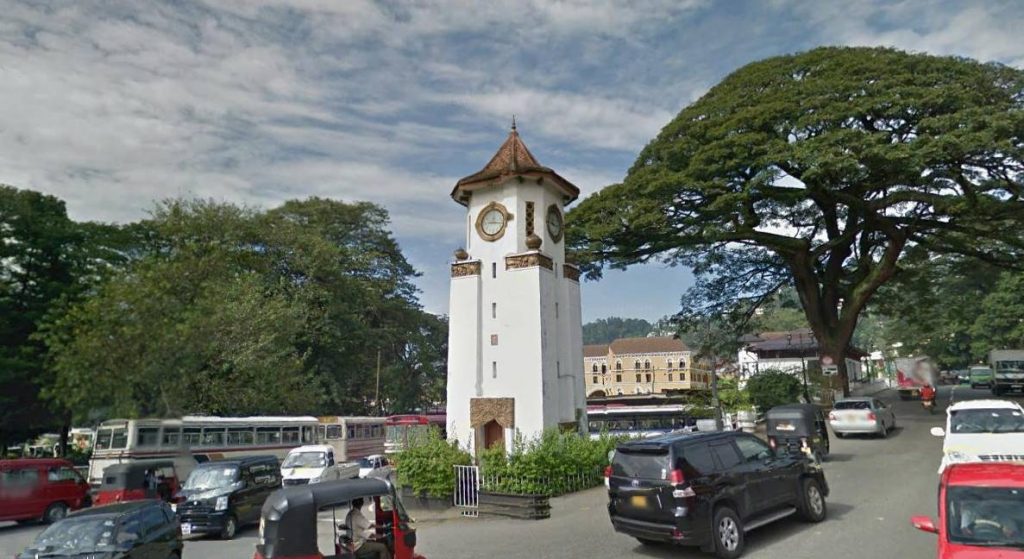
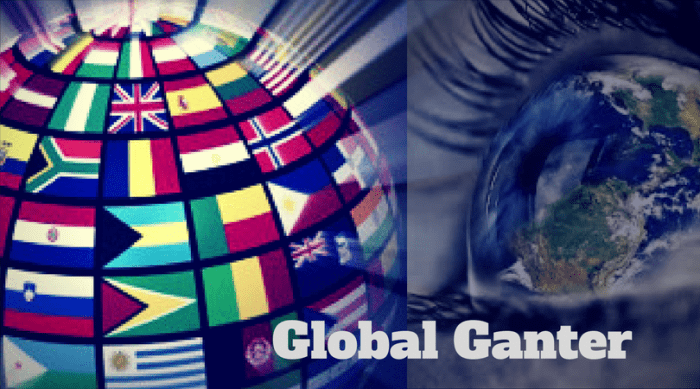

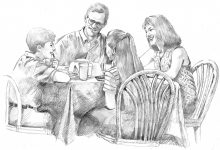


 By
By
